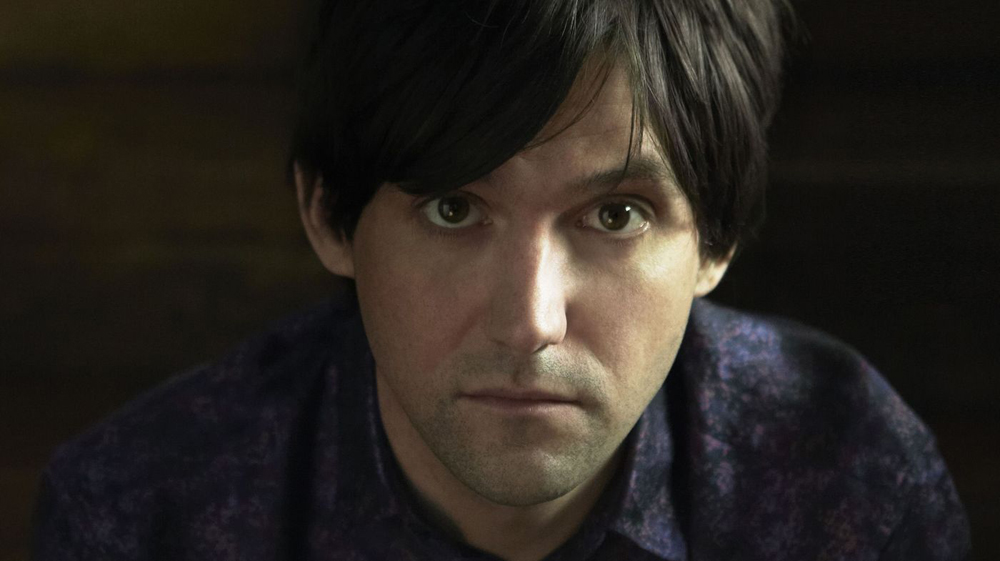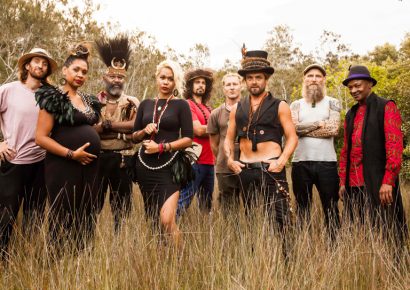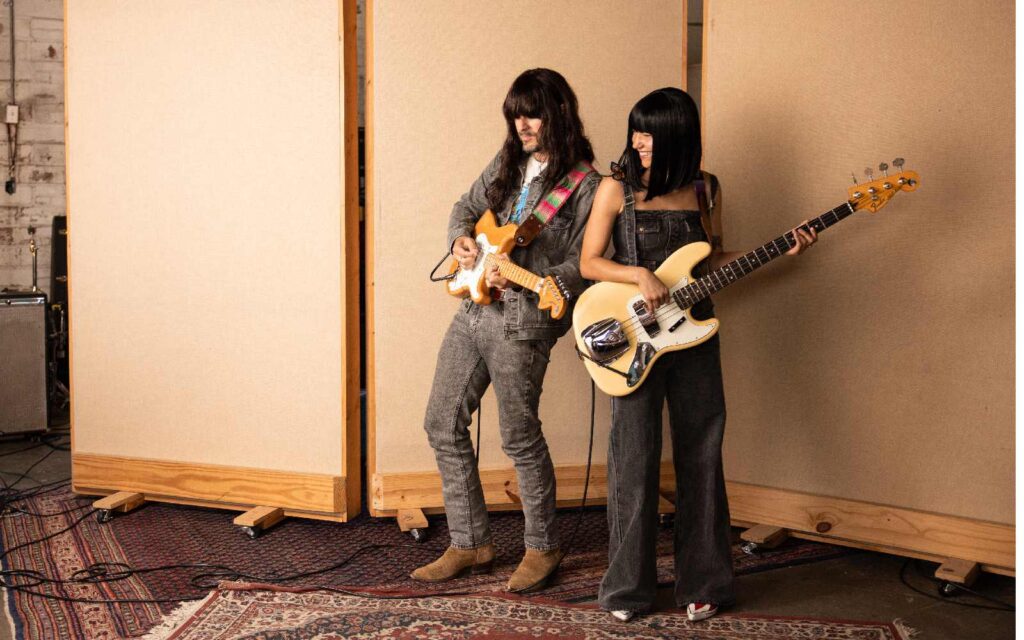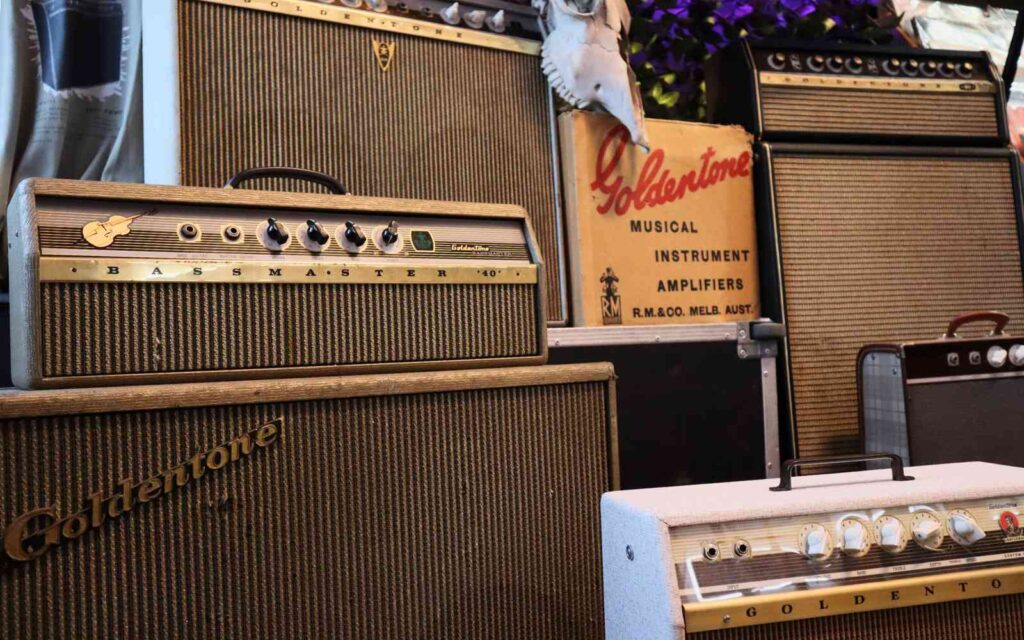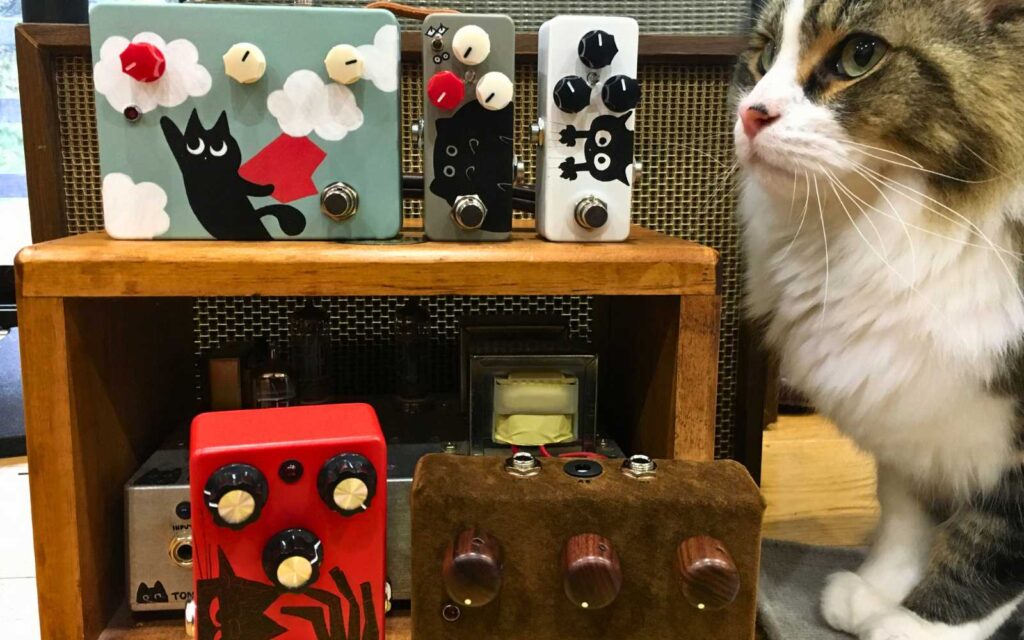Since self-releasing his debut album Water on cassette in 1993 at the age of 13, through his work with his many bands such as Bright Eyes, Desaparecidos, Arab Strap and Monsters of Folk, Oberst has carved his own imitable niche within the indie-folk world with a penchant for ballads that appeal to the more lovelorn of ears. “Everything I’ve learned at a musician, whether it be as a guitar player, a piano player, a singer, a writer or as a quote unquote producer, it’s all been through trial and error,” notes Oberst when reflecting on his past two decades as an artist.
“If you were to listen to my records from the mid-’90s and compare them to the records that I’m bringing out now, I’d like to think that I’m technically a much better musician. “As for the way I write lyrical content for my songs? That’s a little dicey.” While the influence of ‘60s folk-revivalists Neil Young and Leonard Cohen in his musicianship is unmistakable, Oberst’s poignant lyricism and delivery evokes a tender and sorrowful sentimentality akin to that of the late Elliott Smith or Daniel Johnston. “I suppose some people will wonder ‘what does a 13-year-old write about compared to a 30-yearold’? In my experience, the processes are very similar,” he details.
“Of course you’re writing about your perspective and what’s happening in your life. You observe what’s happening around you, whether it be from conversation, books you’ve read, movies you saw, your friends experiences. You collect these thoughts in the back of your mind and let them blend together and come out through song like they’re a daydream. That’s the miracle of creativity. That’s what keeps me coming back. I could tell you how I think it happens, but I don’t really know. I don’t have a great deal of control over it. I’m now 34, but compared to when I was a teenager, the way I write songs still seems eerily similar, for better or worse.”
2014 saw the release of Upside Down Mountain, Oberst’s sixth solo studio record, following 2009’s Outer South. Recorded in various locations in Los Angeles, Tennessee and his native Omaha in Nebraska, the album highlighted Oberst in an ever evolving sense of maturation, which an emphasis on focused reflection and emotional sincerity. “The record came out back in May, and then I spent about four months on the road,” he shares when looking back on 2014. “I went on two US tours and one European tour. For the first two tours I went on the road with a band called Dawes from LA. They opened for me but also played as my backing band. That was a great experience – they were really generous to let me into their inner circle. They’re fantastic musicians.
“For the last US tour I switched things up and got to be on stage with Jonathan Wilson who produced the record with me. We were really able to recreate what we did in the studio in a live environment. I only got back from my last trip three days ago. It feels so good to sleep in my own bed and just relax. But that said, as we speak I’m getting ready to head back to Omaha to finish a record that I’ve been working on with Desaparecidos. That’ll be released sometime in 2015, but I’m not sure when. We just signed with Epitaph which is this great punk label from California.” Following the cancellation of Desaparecidos’ appearance on the 2014 Soundwave bill, later this month will see Oberst return to Australian shores for an extensive tour which includes a run of intimate theatre shows, twilight zoo performances and an appearance at Golden Plains.
“I’m going to be coming to Australia with one of my absolute favourite bands in the world – The Felice Brothers. For the Australian tour they’re going to play as my backing band in a similar way that Dawes did,” he explains. “I plan to do a bit of everything. I want to play some stuff from my new record, some stuff from my older records, a bunch of Bright Eyes stuff, who knows – maybe even some covers. I’ll try and craft a set list that spans my many years and projects because I really don’t get down there enough.”
